Speaking metaphorically, Physiology is a Godzilla — not in terms of difficulty but in terms of size. And if someone, a brave soul decides to study Guyton and Hall’s Physiology, he’ll get his mind numb and would frequently experience study-burnouts without significant learning outcomes. Don’t go the hard way… instead you should choose the smart way. And you can do that by conceptual learning (meaning, the ability to explain something with utter simplicity) which is highly effective and is key to acing your Physiology Viva.
As, Alber Einstein said:
“If you cannot explain it simply, you don’t understand it well.”
And we would highly recommend that you use Guyton’s Physiology as a reference book and NOT as your main book. Because you would never be able to revise it during your exam preparation. It would be great if you use a combination of two books i.e Kaplan and Pocket Guyton. They work best together!
Studying from Guyton would make you feel like Jon Snow at the end… 😀

GOOD LUCK! 🙂
Physiology Viva Questions for 1st Year MBBS
Below are the high-yield and frequently asked Physiology viva question in 1st Year MBBS prof / stage. They were submitted by the students of Bolan Medical College, Quetta.
Physiology Viva Internal Examiner (2017)
Dr. Alam Mengal
- What are Agglutinins?
- What would happen if I sever your adrenal gland? (PLOT TWIST: You do not die… now tell me!) 😀
- How much anticoagulant will be required/present in 5 liter of blood?
- what happens in RIGHT or LEFT bundle block?
- What are Korotkoff sound phases?
- What are alveolar cells?
- Surfactant’s composition, function, cells involved producing it and what happens if it’s deficient? How would you treat its deficiency?
- ECG Waves
- Blood pressure, pulse pressure and mean blood pressure
- Neuromuscular Junctions
- Sliding filament
- Sarcomere (deep) power stroke
- Antibodies and their types
- Life span of of various blood cells > Why do RBCs die after 120 days?
- Formation of Hemoglobin?
- Formation of RBCs and WBCs cells?
- Action potential (mechanism)
- Resting potential
- What is intrinsic factor? Its secretion and function inside body?
- What is Athele’s Heart? How one develops it?
- RBC Count in adult male, female and neonate?
- What is ESR? Its value in adult male, female and neonate?
- Significance of Reticulocyte count?
- Tell me, which of these would have fastest conduction velocity: Peripheral Nerve or
- Cutaneous Nerve
- What is Phanthom Limb?
- In which clinical condition we would observe “T-Wave Inversion”?
- What will you observe in ECG in case of Bundle Block?
- What are the different Heart Sounds?
- Tell me the differences between Atrial Flutter and Fibrilliation?
- Baroreceptor Reflex?
- In which type of muscle, both the Sodium/Potassium and Sodium/Calcium pumps are
- present?
- Haldane Effect?
- What is Action Potential and Resting Membrane Potential?
- What is Neuroglia?
- What is the prinicple of dialysis? Effect of kidney failure on heart?
- What is the difference between Myoglobin and Heamoglobin?
- How would you treat Erythroblastosis Foetalis?
- Types of Anemia? What is Spherocytosis? Polycythemia Vera?
- What is Pseudo Unipolar Neuron
- Tell me the types of nerve fibers and also of the Motor Nerve Types?
- What is Shock? Tell me its types?
- What is Preload and Afterload?
- Effect of Myocardial Infaraction on ECG?
- Define the Frank Starling Law?
- How would you measure ECF of a patient?
- Composition of Pus?
- What is Spirometry?
- What is Lung Function Test?
- What is Prothrombin Time?
- How would you prove that SA Node is the Pacemaker of the Heart?
- What will happen to a person if the S.A Node of his heart is is sever?
- How would you differntiate absolute refractory period from relative refractory period?
- Neurotransmitter and muscular endplate?
- Osponization?
Physiology Viva Internal Examiner (2014)
Prof: Dr. Abdul Rehman (H.O.D Physiology)
Topics: Respiration and Cardiovascular System
Unit: Respiration
- Pulmonary volumes
- Pulmonary capacities
- Respiratory center and its functions
- Role of centeral chemoreceptors in regulation of respiration
- Role of peripheral chemoreceptors in regulation of respiration
- J Receptors
- Dead space and its significance
- Respiratory unit
- Respiratory membranes
- Bohr’s effect
- Haldene’s effect
- Hering-Breurer’ Reflex
- Oxygen Hemoglobin Dissocaition Curve
- Transport of Carbon dioxide
- Formation of bicarbonate ion
- Intrapleural pressure
- Transpulmonary pressure
- Respiratory Minute Volume
- Respiratory Distress Syndrome
- Surfactant composition and function
- Lung compliance
- Ventilation Perfusion Ratio
UNIT: Cardiovascular System
- Cardiac cycle and its phases
- Cardiac output
- Stroke output
- Conductive system of heart
- Atrioventricular block (all 3 stages)
- Heart sounds and murmers
- Heart valves, their pattern of closeure and function
- Electrocardiogram (drawn on a paper, student will be asked different sagments and
- discuss relevant clinics)
- Why S.A Node is pacemaker of heart?
- Ectopic pacemaker
Physiology Viva External Examiner
Teacher name: Unknown 😀
- Extrinsic pathway of clotting
- Intrinsic pathway of clotting
- All clotting factors
- Types of Hemoglobin
- Formation of Hemoglobin
- Anemias amd its types including causes
- Policythemia and its types including causes
- Leukopenia
- Thrombicytopenia
- Purpora and its types and causes
- Hemostasis and its stages
- Anti-coagulants
- Erythroblastosis fetalis
- Blood cell counts and clinical reasons for its difference in males and females
- Platelete count
- W.B.C count
- Hemoglobin concentration in red blood cell and their oxygen carrying capacity
- Types of lymphocytes
- Types of T-lymphocytes
- Why B and T lymphocytes are named so?
- Achalasia
- Common bile duct opens into?
- Bile salts
- Pancreatic secretions
- Gastric secretions
- Harmones of G.I.T, their function and site of secretion
- Phases of deglutation (swallowing)
- Gastrocholic reflex

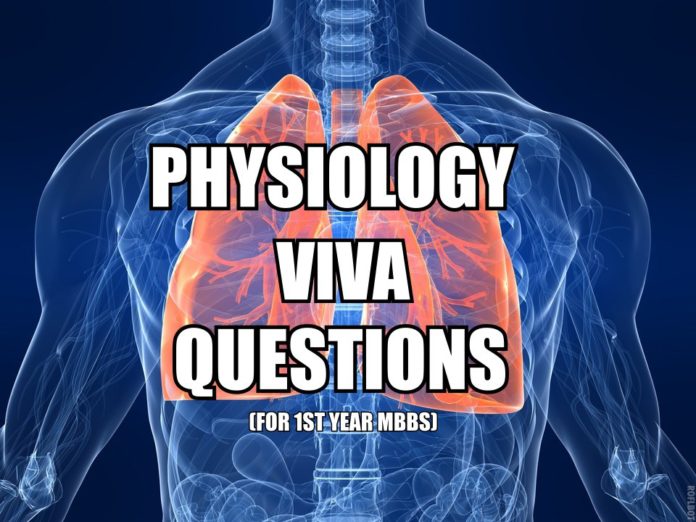
![How to Survive 1st Year MBBS of Medical College? [Complete Guide]](https://www.medicosrepublic.com/wp-content/uploads/2017/08/How-to-Survive-1st-Year-MBBS-of-Medical-College-218x150.jpg)
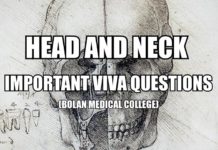
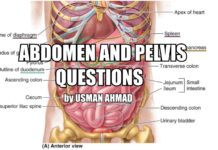

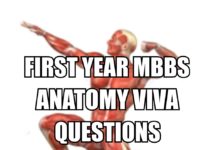


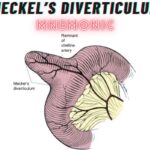
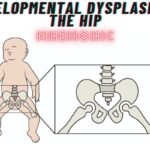
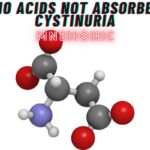
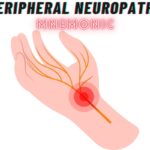
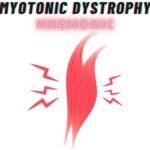
![Gerstmann Syndrome Features Mnemonic [Easy-to-remember] Gerstmann Syndrome Features Mnemonic](https://www.medicosrepublic.com/wp-content/uploads/2025/06/Gerstmann-Syndrome-Features-Mnemonic-150x150.jpg)
![Cerebellar Signs Mnemonic [Easy to remember] Cerebellar Signs Mnemonic](https://www.medicosrepublic.com/wp-content/uploads/2025/06/Cerebellar-Signs-Mnemonic-150x150.jpg)
![Seizure Features Mnemonic [Easy-to-remember] Seizure Features Mnemonic](https://www.medicosrepublic.com/wp-content/uploads/2025/06/Seizure-Features-Mnemonic-1-150x150.jpg)

![Recognizing end-of-life Mnemonic [Easy to remember]](https://www.medicosrepublic.com/wp-content/uploads/2025/06/Recognizing-end-of-life-Mnemonic-150x150.jpg)
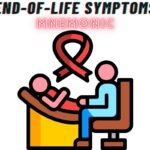
![Multi-System Atrophy Mnemonic [Easy-to-remember] Multi-System Atrophy Mnemonic](https://www.medicosrepublic.com/wp-content/uploads/2025/06/Multi-System-Atrophy-Mnemonic-150x150.jpg)
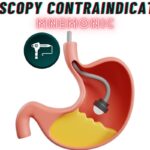
![How to Remember Southern, Northern, and Western Blot Tests [Mnemonic] How to Remember Southern, Northern, and Western Blot Tests](https://www.medicosrepublic.com/wp-content/uploads/2025/06/How-to-Remember-Southern-Northern-and-Western-Blot-Tests-150x150.jpg)
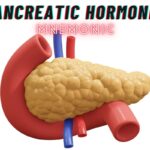
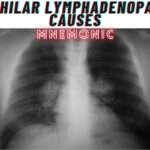
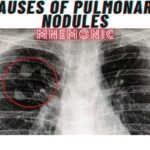
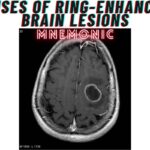
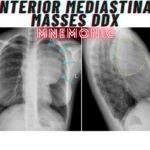
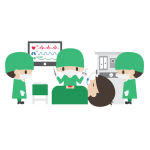




great
thank you so much really very informative!
Thankyou so very much
Sir please send me this PDF file through my email( [email protected])
just osm for last night revision
Goodluck for your exam!